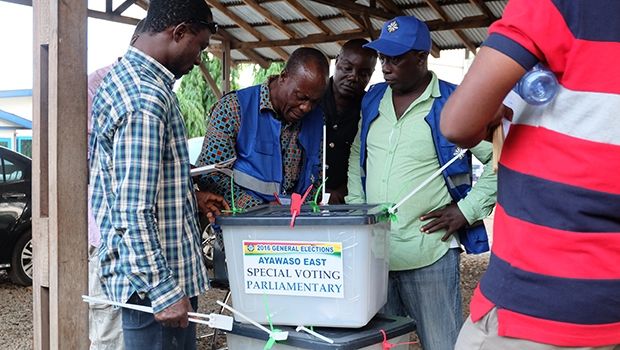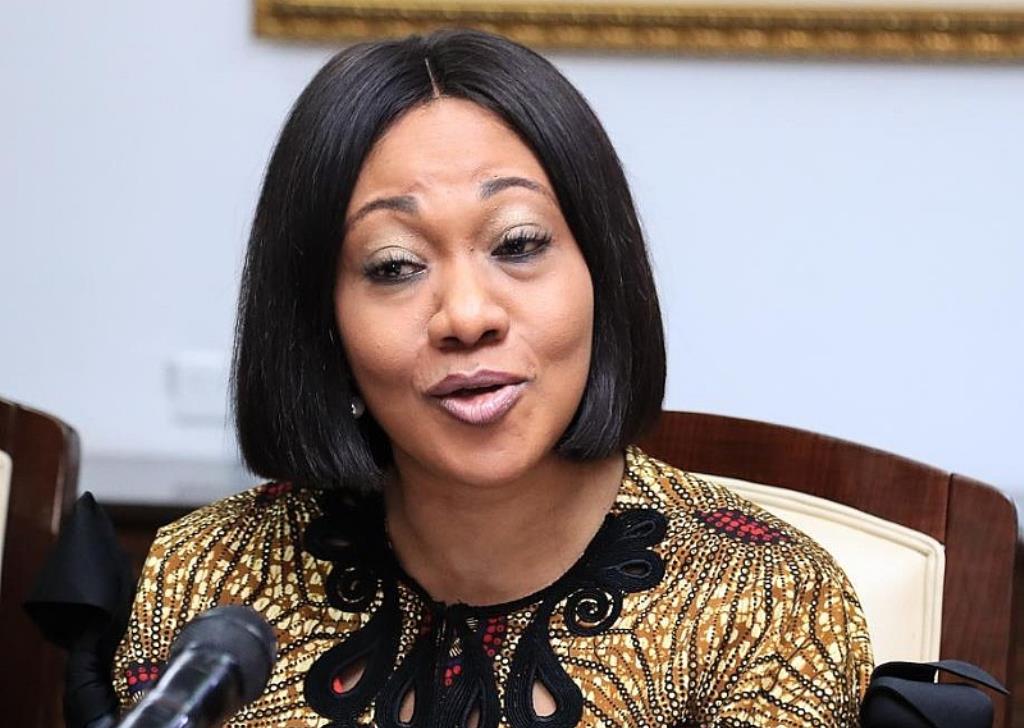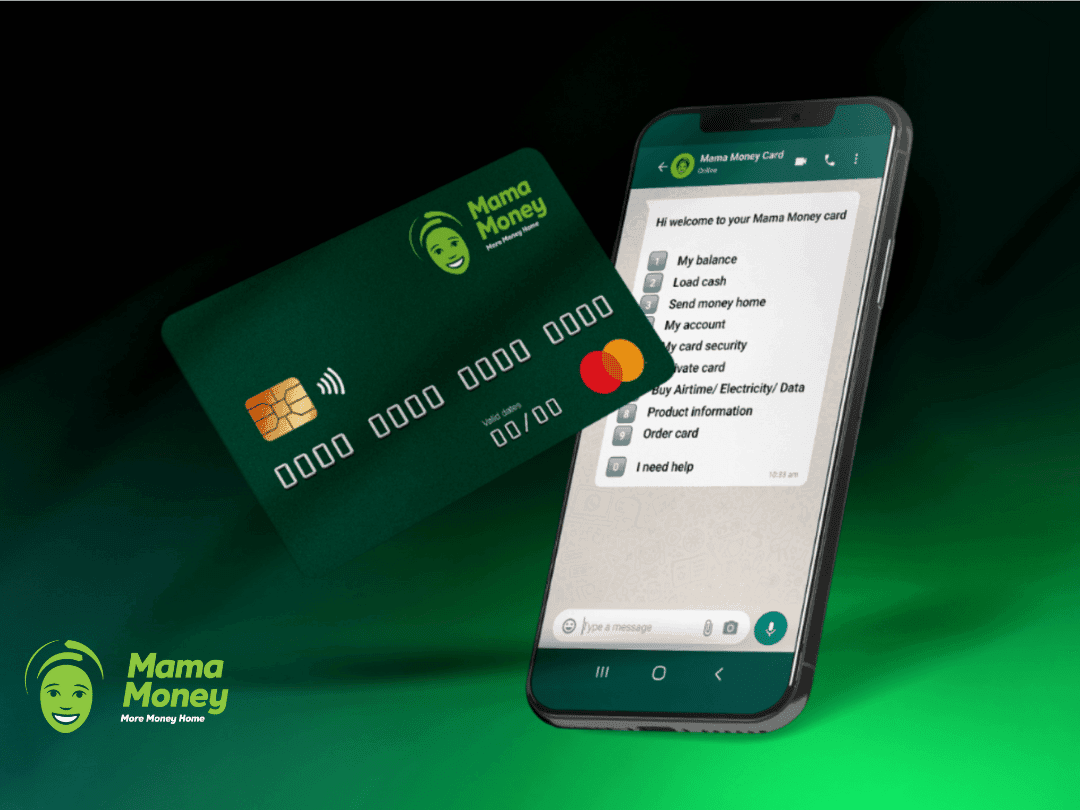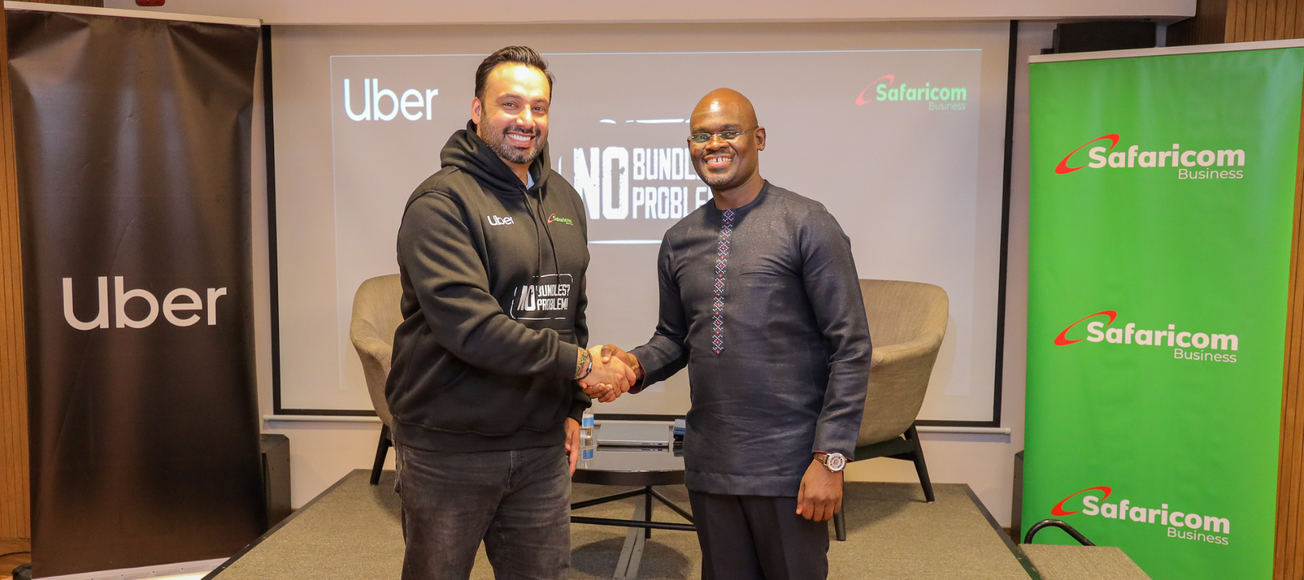Ghana has introduced technology platforms to safely aid the preparation process for its forthcoming elections. Rather than crowding registration centres, Ghanaians can now book registration appointments online or through USSD platforms.
According to a statement by the Electoral Commission Ghana, the new approach would help decongest registration centres for both officials and citizens alike. The commission also recommended the continued use of face masks, hand sanitizer, and other safety measures.

Smartphone users will use the PanaBIOS platform, a digital application for disease contagion monitoring, spatial risk factors analytics, mass testing among others. The platform was developed as part of the African Union’s plan to safely reopen borders in Africa.
In June 2020, Ghana’s Minister of Communications hinted at the arrival of this app which would help trace event attendees and help the registration process during the pandemic.
With the introduction of the PanaBIOS online platform, Ghana becomes the first African country to deploy the AU’s initiative in the electoral process.
So far in 2020, election processes have been disrupted and several African countries have either had to postpone elections or risk exposing their citizens to COVID-19.
In May 2020, Burundi held massive physical election campaigns despite the threat of COVID-19. On May 20, the election day, the country shut down access to social media platforms, and citizens trooped out in their numbers to vote.
As at then, Burundi had just 15 confirmed case, but by the end of May, it had 63 confirmed cases. Thorough cases are currently standing at 378, a high recovery rate has seen only 73 active cases left.
Countries like Ethiopia, Guinea, Mali and Sudan have all postponed their elections due to the threat of COVID-19. Given the spate of rapid digital adoption, a particularly difficult area for digital adoption is in elections.
For Nigeria though, plans are underway to introduce e-voting in 2021. However, her electoral commission is yet to reveal how it would navigate the two forthcoming gubernatorial elections in Edo and Ondo.
Given the continent’s weak or non-existent data privacy laws, there could also be issues on cybersecurity, as African countries remains a major target for cyberattacks compared to other countries of the world.
Touseef Gul, a penetration tester points out that taking a voting process online especially with a mobile phone presents a number of security concerns.
“GSM has critical bugs and depending on who your enemy is, those weaknesses could be exploited easily. Even with USSD, if the proper steps are not taken, it could become a big fraud,” he says.
However, Touseef believes security issues are everywhere regardless of the platform that is used.
“Rather than shying away from e-voting, the best bet is to improve the security as possible. Even when something happens, you could easily detect and figure out a solution as soon as possible,” he explains.
Especially in Nigeria, e-voting remains a tough nut to crack. Legal frameworks, budgetary constraints, under-developed technology, and low voter education are some of the issues behind such an adoption.
The possible alternative could be making sure voters book their voting date online or with USSD to limit crowds at polling centres. However, this could mean voting would be stretched out for more than a day. With the right personnel however, it is a viable option.









